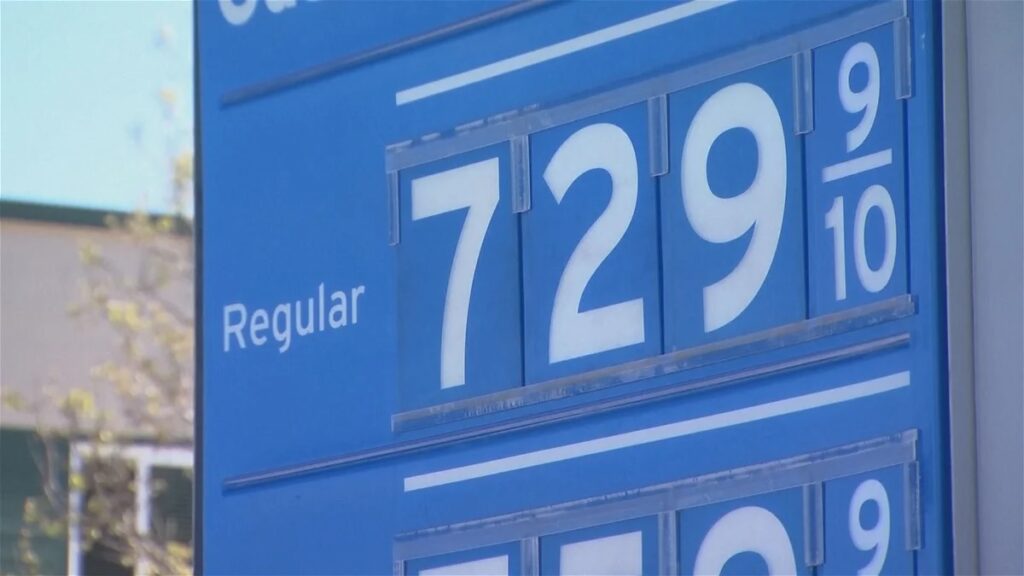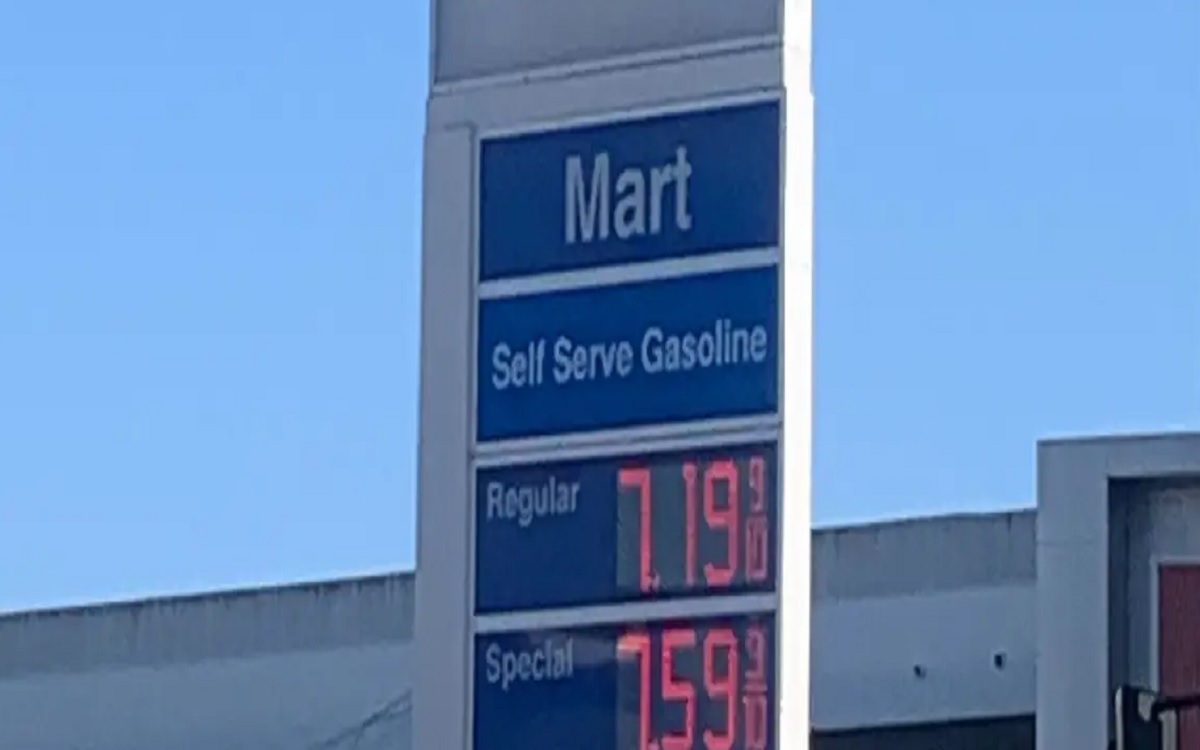|
Getting your Trinity Audio player ready...
|
Amidst the mounting cost-of-living crisis, Californians are grappling with an unwelcome reality – skyrocketing gas prices that have breached the $7 per gallon mark. This unprecedented surge has left residents reeling, prompting widespread concerns about its ripple effects on household budgets and the state’s overall economic outlook.
The Perfect Storm
According to energy analysts, this alarming price hike is the result of a “perfect storm” of factors converging simultaneously.
One of the primary culprits is the ongoing conflict between Russia and Ukraine, which has disrupted global oil supplies and sent shockwaves through energy markets worldwide.
Additionally, refinery outages and maintenance issues within California have further exacerbated the supply crunch, leaving the state grappling with an acute shortage of gasoline.
Furthermore, stringent environmental regulations and specialized fuel formulations mandated in California have limited the state’s ability to import cheaper gasoline from other regions, effectively trapping consumers in a localized price spiral.

Consumer Impacts
For the average Californian commuter, these eye-watering gas prices have become a severe financial burden.
It’s like getting punched in the gut every time I fill up my tank,
laments Sarah Johnson, a resident of Los Angeles.
The strain is particularly acute for low-income households and those reliant on personal vehicles for their livelihoods, such as ride-share drivers and delivery workers.
Businesses across the state are also feeling the pinch, with many industries forced to raise prices to offset the increased transportation costs. This, in turn, could trigger a cascading effect on the cost of goods and services, further eroding consumers’ purchasing power.
Political Fallout
The gas price crisis has become a political flashpoint, with both state and federal officials scrambling to address the issue. Governor Gavin Newsom has called for a tax rebate to provide financial relief to Californians, while simultaneously urging oil companies to increase production and refining capacities.
However, critics argue that such measures are merely temporary band-aids, failing to address the underlying structural issues that have made California vulnerable to such price shocks. Some have called for a reevaluation of the state’s energy policies, advocating for greater diversification and investment in renewable sources to reduce dependence on fossil fuels.
The Road Ahead
As Californians brace for an extended period of high gas prices, consumer behavior is likely to shift. Experts predict an increased adoption of electric vehicles, carpooling, and public transportation, as residents seek to mitigate the financial burden.
However, such transitions are not without their own challenges, requiring significant infrastructure investments and potential policy overhauls to facilitate seamless adoption.
In the meantime, the $7-a-gallon milestone serves as a stark reminder of the precarious nature of our energy landscape and the urgency with which sustainable solutions must be pursued.
California Crime News: Criminal Justice Reform in the Spotlight as Californians Gear Up for Historic Ballot Initiative



